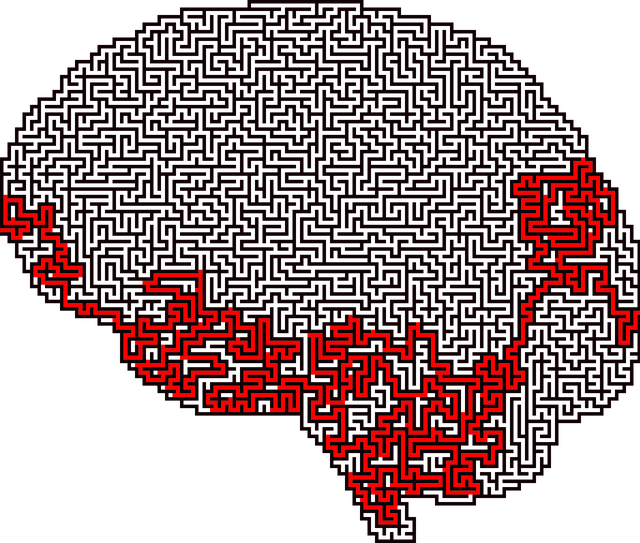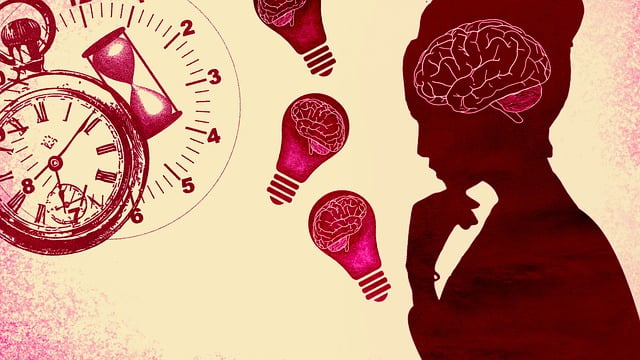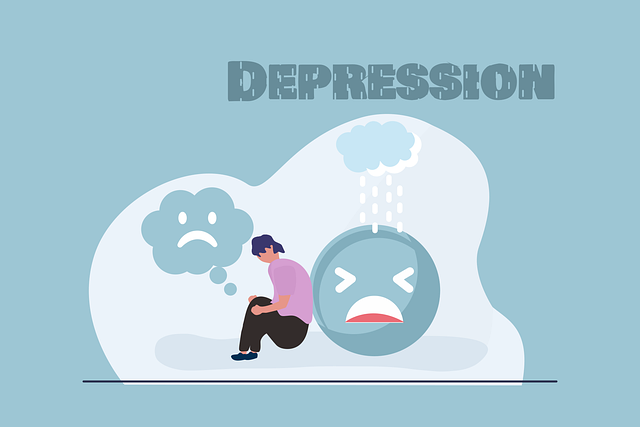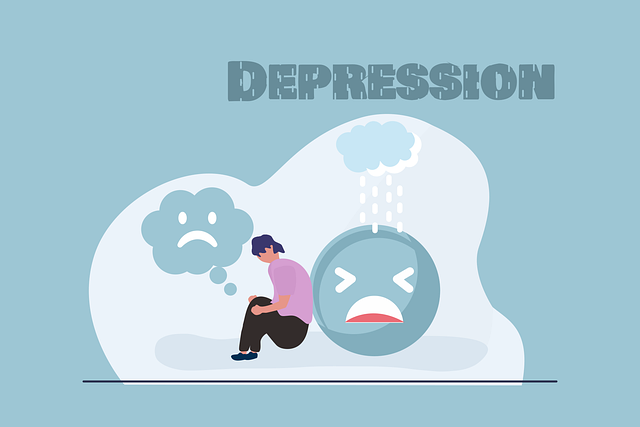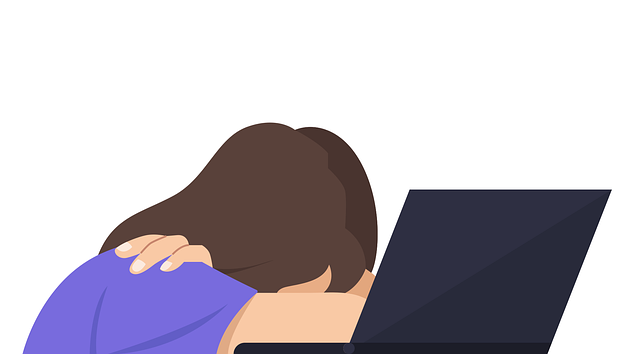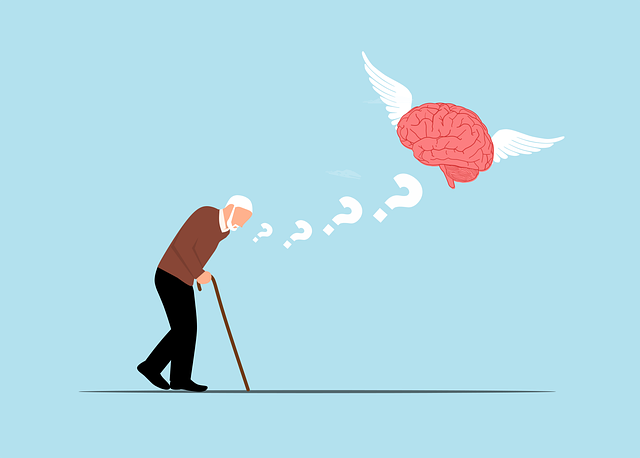In today's diverse healthcare landscape, Superior Hypnosis Therapy is an effective tool for improving cultural competency, especially in treating anxiety. This therapy, integrated into training along with Mental Health Policy Analysis and self-care practices, equips medical professionals to understand and respect varied cultural beliefs, bridging communication gaps. Through interactive workshops combining role-playing and small group discussions, healthcare providers gain empathy for diverse patient experiences, fostering inclusive care environments that enhance relaxation, focus, and positive mental wellness outcomes.
Cultural competency training is an essential aspect of modern healthcare, fostering better patient care and outcomes. In this article, we explore three key areas: understanding cultural competency in healthcare, integrating hypnosis therapy for enhanced learning, and best practices for delivering effective workshops. Discover how Superior Hypnosis Therapy can revolutionize patient interactions, improve communication, and ultimately provide more personalized care.
- Understanding Cultural Competency in Healthcare: Why It Matters
- Integrating Hypnosis Therapy into Cultural Competency Training
- Best Practices for Delivering Effective Cultural Competency Workshops
Understanding Cultural Competency in Healthcare: Why It Matters

In today’s diverse healthcare landscape, cultural competency is no longer an optional skill for medical professionals; it’s an essential component of quality care. Understanding and respecting different cultural beliefs, values, and practices can significantly enhance patient outcomes and experiences. This is especially crucial in the context of Superior Hypnosis Therapy, where a deep understanding of patients’ backgrounds can facilitate more effective treatment for conditions like anxiety, among others.
Cultural competency goes beyond mere awareness; it involves active efforts to bridge communication gaps and create inclusive healthcare environments. This includes addressing barriers related to language, race, ethnicity, gender identity, religion, and other factors that might influence how individuals interact with the healthcare system. Moreover, integrating Mental Health Awareness and advocating for policies through Mental Health Policy Analysis and Advocacy are integral parts of this process. By fostering cultural competency, healthcare providers can ensure they offer Anxiety Relief and other mental health services tailored to each patient’s unique needs and circumstances.
Integrating Hypnosis Therapy into Cultural Competency Training

Integrating Hypnosis Therapy into Cultural Competency Training can offer healthcare providers a unique and powerful tool to enhance their cultural sensitivity and mental wellness. Superior Hypnosis Therapy, beyond its therapeutic benefits, provides an avenue for exploring unconscious biases and cultivating compassion. Through guided hypnosis sessions, participants in cultural competency training can engage in mental wellness journaling exercises, facilitating self-reflection and personal growth. This practice allows them to connect with diverse patient experiences on a deeper level.
By incorporating hypnosis, trainees are equipped with enhanced emotional guidance, enabling more empathetic interactions with patients from various cultural backgrounds. The exercise encourages the development of cultural sensitivity in mental healthcare practice by fostering an environment where compassion cultivation practices can thrive. This innovative approach ensures that healthcare providers not only understand cultural nuances but also employ techniques to create a safe and supportive space for all individuals seeking mental health services.
Best Practices for Delivering Effective Cultural Competency Workshops

Effective cultural competency training for healthcare providers should be interactive and engaging to ensure knowledge retention. One of the best practices is incorporating Superior Hypnosis Therapy techniques, which can enhance learning by improving relaxation and focus. Workshops that include role-playing scenarios and small group discussions allow participants to apply cultural sensitivity in practical contexts. This hands-on approach fosters a deeper understanding of diverse patient experiences and encourages empathy.
Additionally, integrating Self-Care Practices and Mental Illness Stigma Reduction Efforts into the training curriculum is vital. By promoting self-care, healthcare providers can better manage their own stress levels, which in turn improves their cultural sensitivity and patient interactions. Addressing stigma reduction efforts helps participants recognize and challenge preconceived notions about mental illness, fostering more inclusive and supportive care environments. Stress management workshops should be offered to equip providers with tools for dealing with high-pressure situations, enhancing their overall cultural competency and patient outcomes.
Cultural competency training is an essential aspect of modern healthcare, fostering better patient care and outcomes. By integrating innovative approaches like Superior Hypnosis Therapy, we can enhance these programs’ effectiveness. The strategies outlined in this article, from understanding cultural nuances to best practices for workshops, provide a roadmap for healthcare providers to improve their cultural competence. Embracing these methods ensures that diverse patient populations receive tailored, compassionate care, ultimately revolutionizing healthcare delivery.

